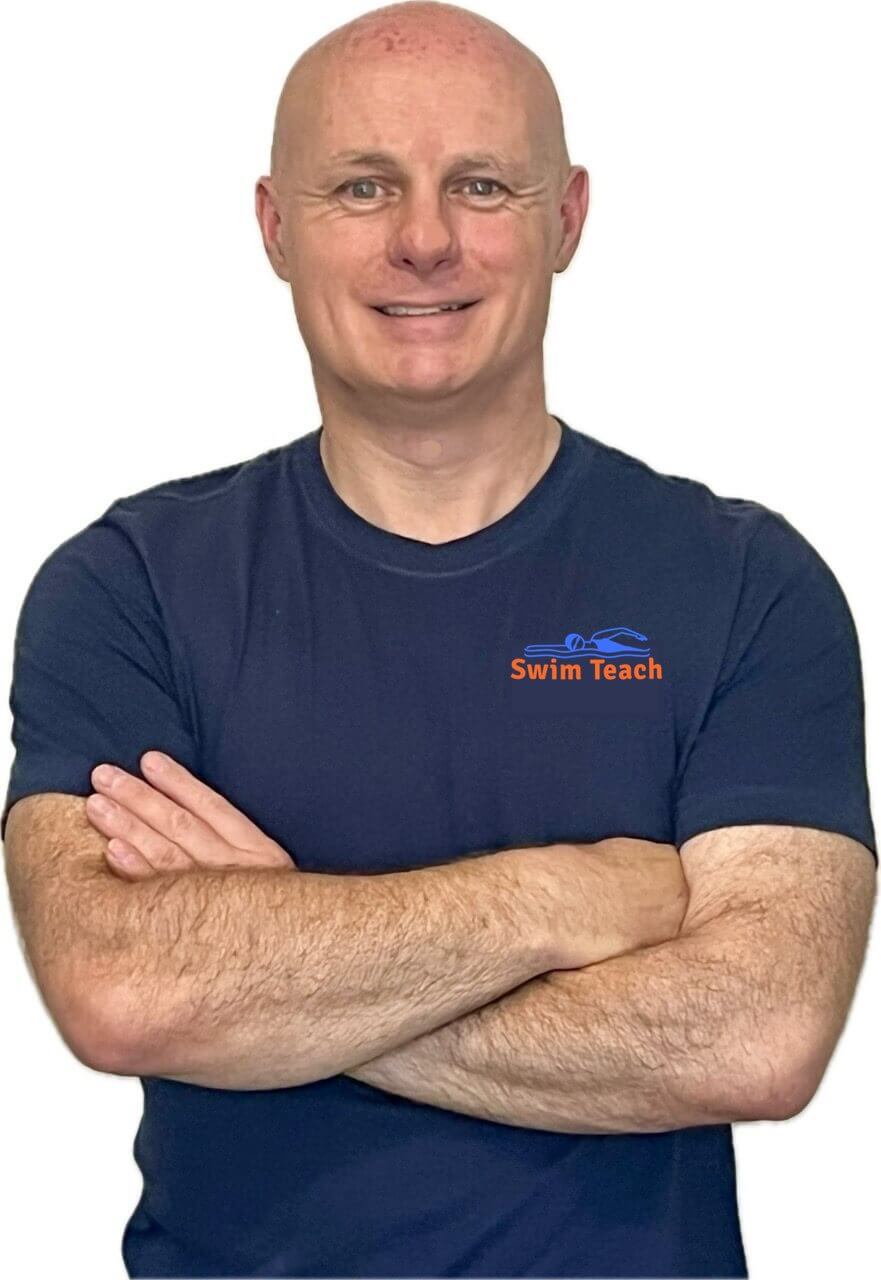- Swim Teach Home
- teaching tips
- How to Teach Swimming Lessons
- Keeping Swimming Pupils Focused
Keeping Swimming Pupils Focused
Do I have a question for you!!! How to keep my swimming pupils focused?
I too have been teaching swimming for 30 years. I currently teach in private homes to maximum 3 in a group. I visit a couple of homes teaching 7-8 year old boys. This age cohort used to be a piece of cake for me, with skills being taught/acquired through enquiry, imagination and experimentation (eg testing prototype rockets for space missions). Covid came, schools closed and in NZ we experienced prolonged lockdowns. Since then children's brains seem to have changed! They want tiny bytes of information ( 4 or 5 words); they filter out 90% of input; they are already 5 steps ahead of me (or so they think!!) and appear to be more impulsive and unfocussed. Don't get me wrong, 7-8 y/old boy behaviour has generally always been pretty impulsive, but these days I feel that there has been a shift in brain development, levels of dopamine etc, and little information on strategies to work with this in the aquatic environment. School teachers have learned to use technology and screens to their advantage, but what tools can swim teachers employ to engage these boys long enough to focus on say a demonstration or description of the required movement, and remain focused for an ENTIRE length of the pool?
Thanks for getting in touch. Yes, what a question!
Covid kids have sadly become victims of their own isolation. Lockdowns and homeschooling have taught them that listening for prolonged periods is optional and that focusing on learning is something they can dip in and out of whenever they want. Any teaching that does take place is spoon-fed and done in an environment that lacks any type of school discipline (this applies to all areas of education, not just swimming lessons). The result: exactly what you see in your lessons.
Keep them focused - make it a game!
Something that I’ve done, with a degree of success, is to turn each exercise into a competition. Whatever the aim of the exercise, they get a score at the end of the length. For example, you’re teaching front crawl breathing, and you want them to roll their head to the side instead of lifting and looking forwards. Keep your demonstration short and your teaching point brief. Give them ONE single thing to focus on for the duration of the length, for example, ‘look at your shoulder as you roll your head and breathe’. Tell them you will score them out of 10 for this length to see how well they have listened and how well they concentrate as they swim. Then set them off - one at a time if need be. At the end of the length, they get a score out of 10. If they rolled their head to the side every time, they scored a 10 (or 9 if you’re an utter perfectionist!). If they score a 6, explain that they lifted their head 3 times, for example, and that they need to improve their score on the next length.
Get creative and have fun - but be careful
There are many, many variations of this, and how you play it is entirely up to you. But, here’s the important part: this will work well with 2 or 3 pupils, but you need to manufacture it so that the scores remain fairly even; otherwise, you risk one pupil losing interest because they are losing. Nothing wrong with healthy competition, but maintaining their focus and interest is vital. If you manufacture it well, you can keep a running score for the entire lesson - use a whiteboard on the poolside as a visual if you think that will help too. Actually seeing their score will help maintain the ‘game’.
Obviously, you know your pupils better than anyone, so you will know which ones will respond to this well and which ones won’t.
The downside to this approach is that it can often be short-lived. It may only last a few lessons, depending on how attractive/exciting you make it. If it does start to fizzle out, you could try turning it around on them and allowing them to dictate the scoring system. That way, they take ownership of their scores and results.
Using a reward to keep pupils focused
Something else to add to this is a possible reward. Rewards can be as simple as playtime at the end of the lesson, possibly using some fun equipment that they never usually use. You can reward them with 20 seconds of playtime for every perfect length or something like that. Again, use a whiteboard on the poolside, so they can see their rewards building up. This kind of reward incentive is usually a collective one, so there needs to be a team effort from all pupils. Be careful not to let it become ridiculous, and never deduct time from their playtime reward. Taking away a child’s reward is damaging to their self-esteem.
I hope this has got you thinking, and apologies if I’ve taught you to suck eggs on any of this. It’s lovely to hear from an experienced swimming teacher once in a while!
I wish you every success.
 How To Be A Swimming Teacher
How To Be A Swimming Teacher$19.99

I am a member of the Amazon Associates Program and I will earn a commission from qualifying purchases at no extra cost to you.



